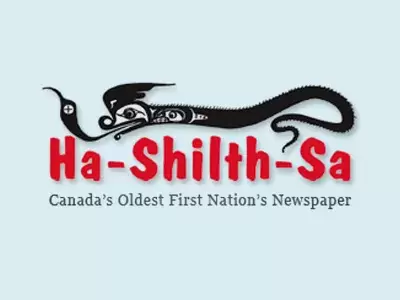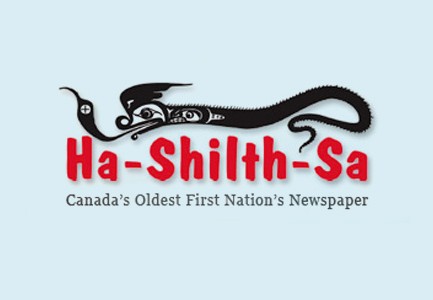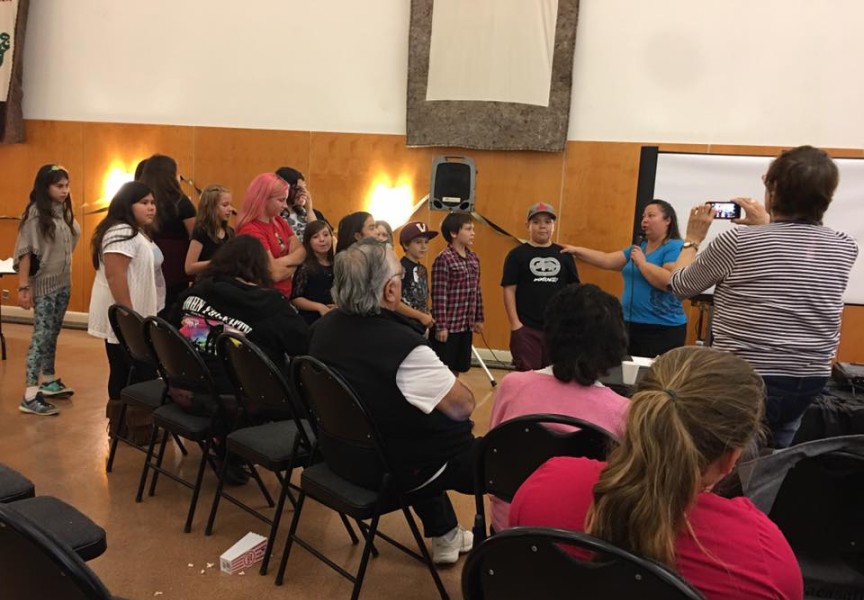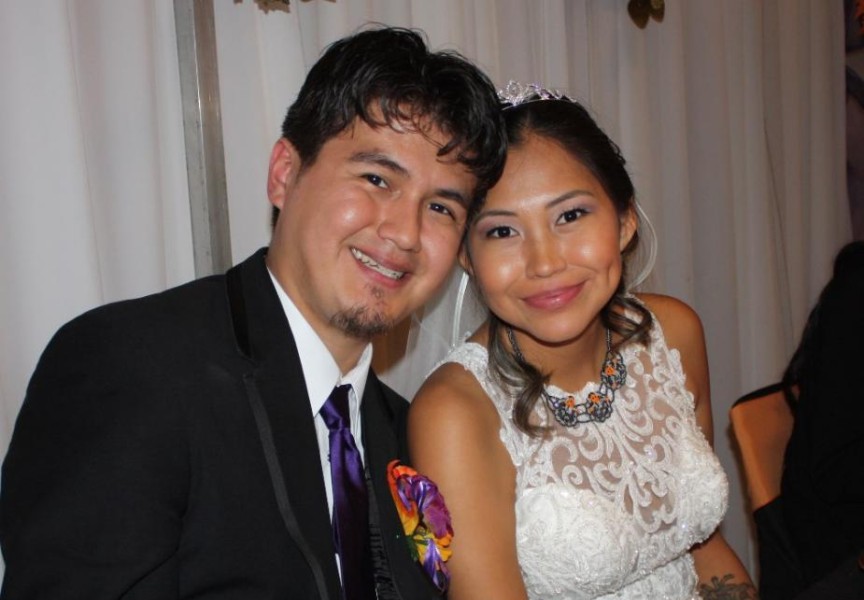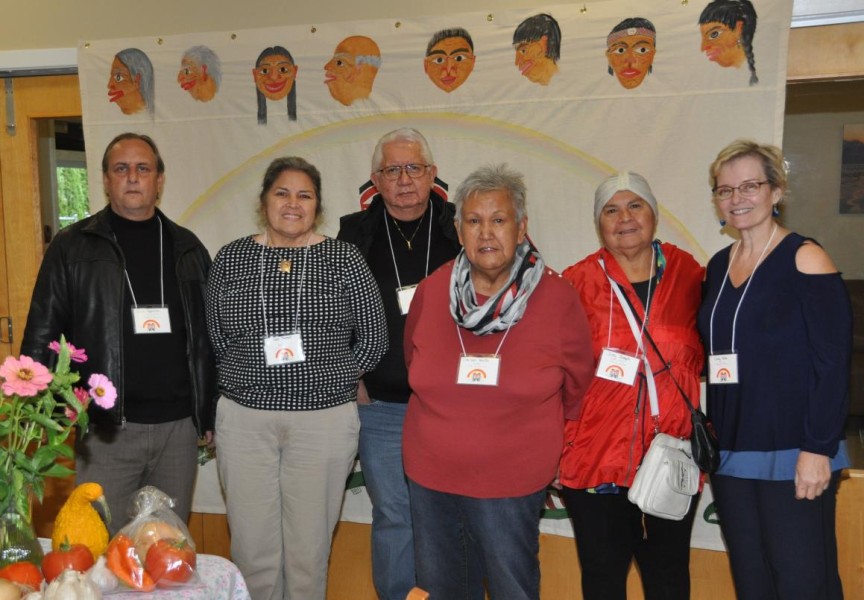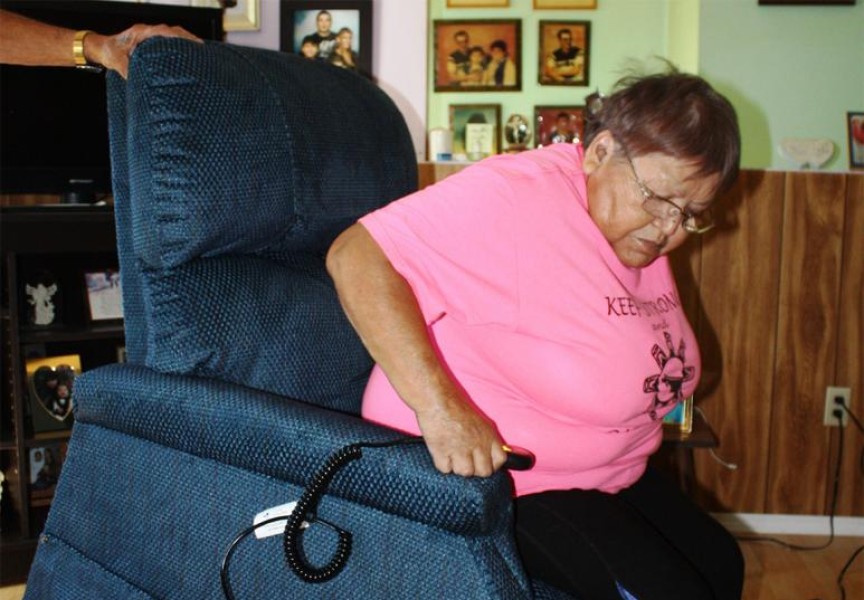The Nuu-chah-nulth Treaty Table was in planning mode on Feb. 9 when member nation representatives met in Port Alberni.
One of the big changes that will flow from the meeting is work on a proposal that will restructure the treaty department into a Lands and Resources department. Treaty will be folded into this restructured department and will remain part of the treaty process in the province.
Treaty Manager Celeste Haldane explained the rationale for the change. The demands on the department have become broader in scope than when the department was established, she said. The tasks carried out by the department are diverse.
“By restructuring the department to a Lands and Resources Department, it would more accurately describe some of the vast activities being carried out,” read the proposal before the treaty table. Some of the services currently being provided by the treaty manager include oversight of First Nations Comprehensive Community Planning, engagement in resource development referrals, territorial resource mapping and resource inventories, assistance with land use and economic development planning, and assistance with other lands and resource-specific initiatives.
Currently the members of the Nuu-chah-nulth treaty table are Ahousaht, Ehattesaht/Chinhkint, Hesquiaht, Mowachaht/Muchalaht, Nuchatlaht and Tseshaht. Ahousaht, however, gave notice last year that it would be taking over some areas of service for its members that are currently being provided by the Nuu-chah-nulth Tribal Council. Ahousaht has indicated treaty is one such area it will be managing on its own. This may result in a reduced budget for the Nuu-chah-nulth treaty table.
Vice-president Priscilla Sabbas-Watts chaired the treaty meeting and said discussion about the proposal was a timely one to have because of the anticipated budget cuts to the department.
Sharon Elshaw, the treaty representative for Ehattesaht/Chinhkint, made a motion to allow the restructure to move forward.
“This is more community focused,” she said of the plan. “It’s better for all of the communities because we are doing a lot of the same work... It is an excellent idea, and collectively we can get a lot more accomplished instead of taking little baby steps at a time.”
Chief Councillor Les Sam of Tseshaht and Tseshaht’s Darrell Ross worried, however, that turning the treaty department into a lands and resources department would duplicate a service that their nation has set up at the community level.
Voting delegates from five of the nations were in attendance and the motion to restructure was carried in a three to one vote, with one abstention.
Also discussed at the meeting was the table’s strategic plan and related recommendations. In January 2010, a strategic planning session was held to see how the stalled treaty process for the nations might be revitalized.
When the prospect of treaty was first envisioned, it was expected that it would take two years to reach a settlement. It’s been 17 years now, and though much has happened over that time, the Nuu-chah-nulth table continues to struggle against the inadequate mandates being brought forward by federal and provincial negotiators.
Though the Nuu-chah-nulth Nations began as one to negotiate treaty, many nations have broken from the main table and have gone their own way. The most notable is the Maa-nulth Nations—Huu-ay-aht, Ucluelet, Uchucklesaht, Toquaht, and Kyuquot/Cheklesaht— which negotiated the first multi-nation final agreement within the BC Treaty Process. The effective date for the Maa-nulth Final Agreement is April 1.
But for other nations remaining at the Nuu-chah-nulth treaty table, they’ve found different ways to realize the goals and aspirations of their communities. The referral process is one such way, and the economic development route is another. Treaty is not the priority it once was for some Nuu-chah-nulth nations. And for those nations that are actively engaged in treaty negotiation, some are taking the incremental treaty route.
Sabbas-Watts encouraged nations to go out and seek feedback from their community and let the table know what the priorities are in treaty negotiations.
In other treaty-related news, Haldane shared information from the Common Table. The lack of momentum at the Nuu-chah-nulth treaty table is not unique in the province. Stalled too are the majority of nations within the treaty process. The Common Table is a place where Canada, British Columbia and BC First Nations sit to discuss six areas of concern that are frustrating treaty negotiations.
Topics of focus are Certainty, Constitutional Status of Lands, Shared Decision Making, Fisheries, Governance and Fiscal Relations. First Nations are looking for revisions to government mandates in these areas of treaty-making.
Haldane reported that a special representative has been appointed by Canada to the Common Table. John Duncan, minister of Indian Affairs and Northern Development, appointed James Lornie as the Minister's Special Representative to the BC Treaty Process. Lornie is currently a land use and treaty consultant who has worked with municipalities, First Nations and in the private sector. He will be responsible for “assessing and reporting on the possibility of accelerating the conclusion of treaties with Common Table First Nations,” reads a press release from Duncan’s office.
On a provincial level, the Liberal Party’s leadership race is impacting negotiations.
“We are well aware that government is in total disarray,” said Willard Gallic, “and Canada is going to call an election. Things moved very slowly when their house was in order, so now it’s going to be very slow. Once again we are faced with a delay and it’s not going to get any easier.”
Archie Little, representing Nuchatlaht, said his concern was that there is no recognition of hereditary systems within treaty.
“Hereditary systems, that’s where we start and that hasn’t changed,” he said.
Haldane reported that government has moved on this area.
“At first there was no recognition of ha’wiih. And now there is,” she reported. She also encouraged the nations to work on their own constitutions.
Tseshaht’s Willard Gallic was concerned that Canada was stalling discussions saying they can’t deal with the Common Table’s six focus topics at the nation level because it was being dealt with at the Common Table.
Haldane said it was very clear from the start that the Common Table’s discussions were not to impact individual nations in this way. She reported that the First Nations Leadership Council was dealing with complaints around this tactic.
To round out the treaty meeting, nations were given the opportunity to share news from their territories.
Hesquiaht Councillor April Charleson was new to the table after being elected to Hesquiaht council in November 2010.
Ehattesaht/Chinhkintalso has a relatively new chief and council. Ehattesaht has been very demanding in the treaty process, Sharon Elshaw reported. She said Canada and BC expected the nation to do the negotiating by giving away stuff. Ehattesaht is not willing to do so.
Ehattesaht means big things coming down the waters.
“We know what our territory is worth.”
Maquinna said Mowachaht/Muchalaht is still keeping a close eye on treaty developments through the chief negotiators meetings, the Common Table discussions and at the First Nations Summit.
“There is nothing moving at all,” Maquinna said. That’s why he appreciated the motion to restructure the Nuu-chah-nulth treaty department, he said.
He reported that construction on the Big House at Tsaxana is on time and on target. The community hoped to have an opening celebration some time in June “when the fish are running.”
In other news, he said the community is adamantly opposed to fish farms because of the concern that they will effect wild stock, and Mowachaht/Muchalaht is struggling to keep the farms away from the territory.
To close, Haldane thanked the urban delegates for their hard work to organize the living away from home feasts in the urban centres. Some of the dinners attracted hundreds of people, including Victoria which had 300 people attend. Campbell River saw 200 guests.
Sabbas-Watts said the urban dinners mean so much to the people living away from home.
She said it “fills people up to have that little bit of connection to home and to the leaders.”
Said Wally Samuel “Kleco to the tribal council for supporting our people away from home.”

